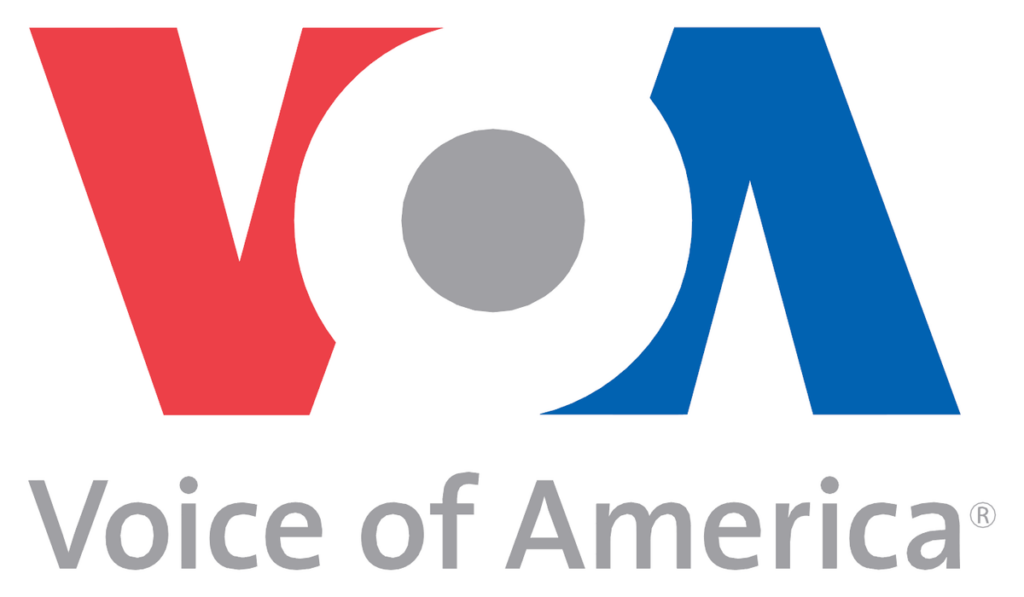
Listeners across northern Nigeria were recently taken by surprise when Voice of America (VOA) Hausa service went silent — a development that has left many rural communities in Nigeria and neighbouring countries without a vital source of news and information.
Here are key things to know:
- Unexpected Shutdown Sparked Panic:
When VOA Hausa went off air last month, listeners feared the worst. Some believed there had been a coup in the United States. The sudden silence raised alarm among audiences used to waking up to the broadcaster’s news programmes. - Trump’s Administration Behind the Cuts:
The shutdown is linked to major budget cuts made under U.S. President Donald Trump, whose administration significantly reduced VOA’s funding and oversight, leading to the collapse of several language services, including Hausa. - VOA Hausa Was a Lifeline in Rural Areas:
The service reached tens of millions across Nigeria, Ghana, Cameroon, and Niger — places with limited internet access and weak print media presence. For many, VOA was the most reliable source of international news. - Critical Coverage in Conflict Zones:
VOA Hausa reported on sensitive security issues, including coverage of armed group activities and government military campaigns in areas where local journalists often face restrictions or intimidation. - Health and Development Content Lost:
Apart from news, the station also aired vital health programmes on HIV, malaria, and public health — especially relevant during the rainy season — which have now been cut off. - A Blow to Hausa Journalism and Press Freedom:
Though other Hausa media outlets still exist, the loss of VOA represents a major setback to quality journalism in the region. It joins a growing list of international broadcasters facing bans or restrictions in West Africa. - VOA’s Shutdown Comes Amid Other Media Clamps:
The closure coincides with the ban of Radio France Internationale (RFI) Hausa and a temporary suspension of BBC in Niger, narrowing access to credible international news for millions. - Rich Radio Culture Now Threatened:
Northern Nigeria has a strong radio tradition dating back to colonial times. The end of VOA Hausa breaks a long-standing link to this culture, particularly in hard-to-reach communities. - Listeners Mourn Loss of Quality Programmes:
Loyal listeners say they miss shows like Hot Seat (a political talk show), and programmes exploring life in America and Islamic perspectives. These were viewed as both educational and entertaining. - Journalists and Families Affected:
Several VOA Hausa staff have been laid off, including respected journalists who risked their lives during Nigeria’s military era. Many now face uncertain futures, though some, like Alhassan Bala, have turned to fact-checking platforms to continue their work.
The shutdown is being challenged in a U.S. court, but for now, a key voice trusted across West Africa has gone silent — and its absence is deeply felt.


